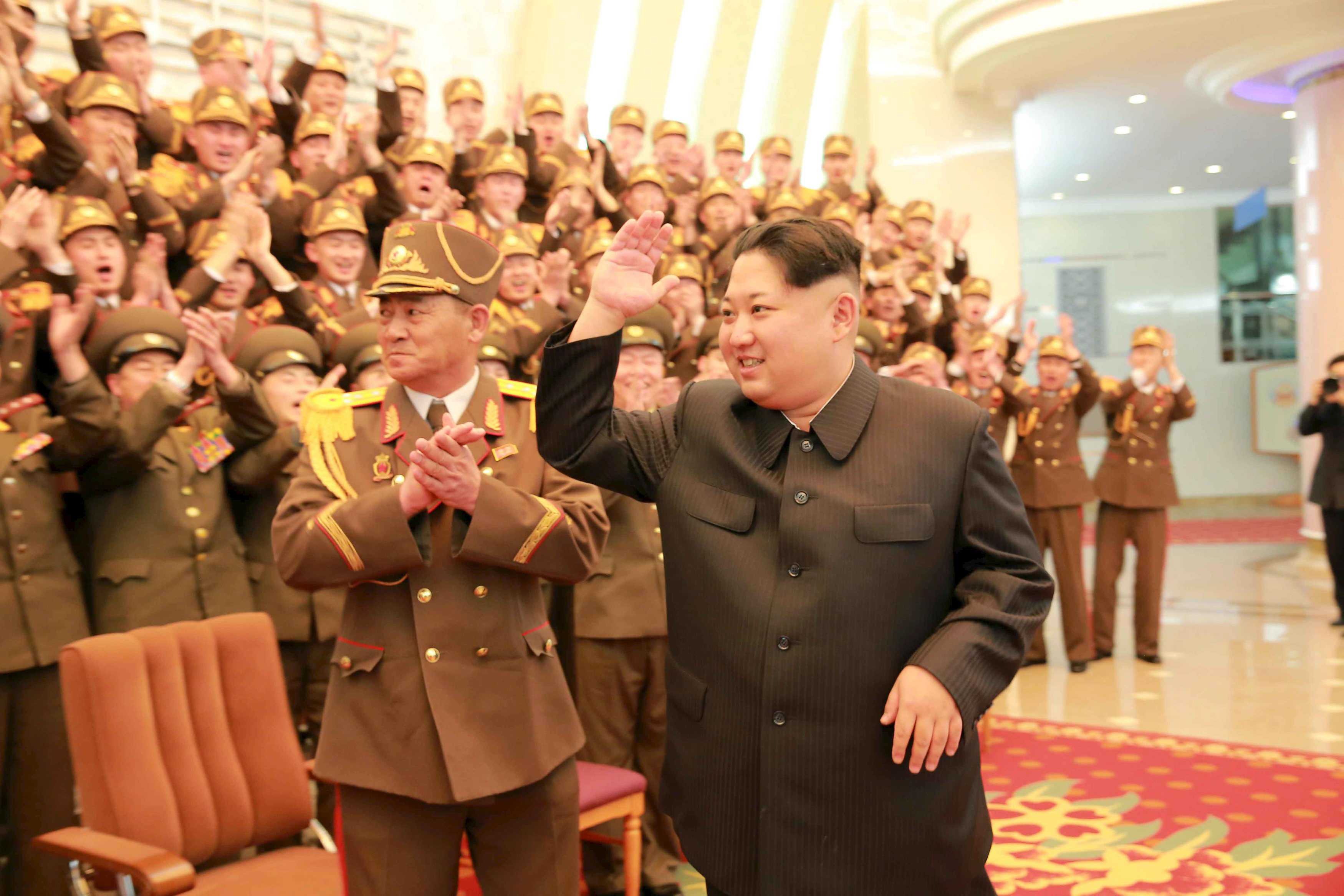North Korea — what to make of it? Nobody knows. In an age of secrecy stripped bare, it has succeeded in being unfathomable. It's horrible — on that most observers agree; but how horrible? To what purpose? In spite of, or because of, what obstacles to its survival?
Ten years or so ago, former U.S. national security adviser Donald Gregg tells the Asahi Shimbun in an interview published earlier this month, a Harvard University symposium convened 20 experts on the hermit kingdom. Nineteen of the 20, says Gregg, declared it on the brink of collapse. The lone holdout was himself. A former CIA bureau chief in South Korea, Gregg saw the bitter realities more clearly than the academics on the panel. Or, as he puts it, "I understood the danger of wishful thinking." You'd think historians and political scientists would too, but we all have our blind spots. The upshot is, when it comes to North Korea nobody really knows — including Gregg, as he implicitly admits in counseling patience and dialogue over righteous indignation.
"Under the rule of Kim Jong Un," Human Rights Watch reported in 2015, "North Korea remains among the world's most repressive countries. All basic freedoms have been severely restricted under the Kim family's political dynasty. A 2014 U.N. Commission of Inquiry found that abuses in North Korea were without parallel in the contemporary world. They include extermination, murder, enslavement, torture, imprisonment, rape, forced abortions and other sexual violence."



















With your current subscription plan you can comment on stories. However, before writing your first comment, please create a display name in the Profile section of your subscriber account page.